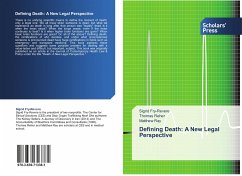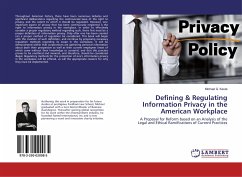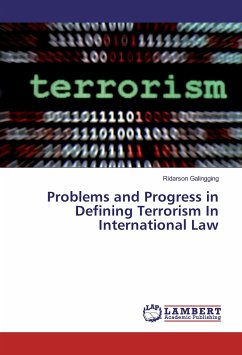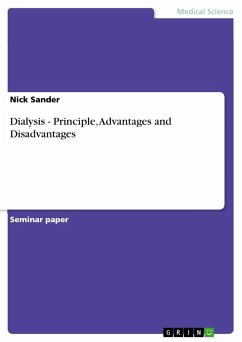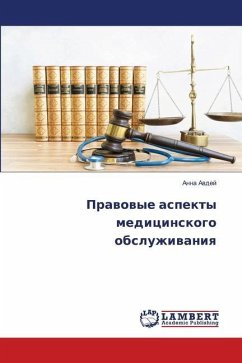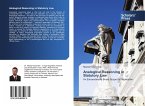There is no unifying scientific means to define the moment of death, only a legal one. We all know when someone is dead, but what we experience as death is long after that person was "legally" dead. Is it when the heart stops? When the lungs cease, even if the heart continues to beat? Is it when higher brain functions are gone? When basic brain functions are gone? Or, all of the above? Defining death, the ramifications of who decides, and under what circumstances someone is pronounced dead have huge ramifications in fields such as emergency and transplant medicine. This book explores these questions and suggests some possible answers for dealing with a value-laden and difficult, but important, subject. This book was originally published as an article in the Journal of Contemporary Health Law & Policy under the title "Death: A New Legal Perspective."
Bitte wählen Sie Ihr Anliegen aus.
Rechnungen
Retourenschein anfordern
Bestellstatus
Storno

